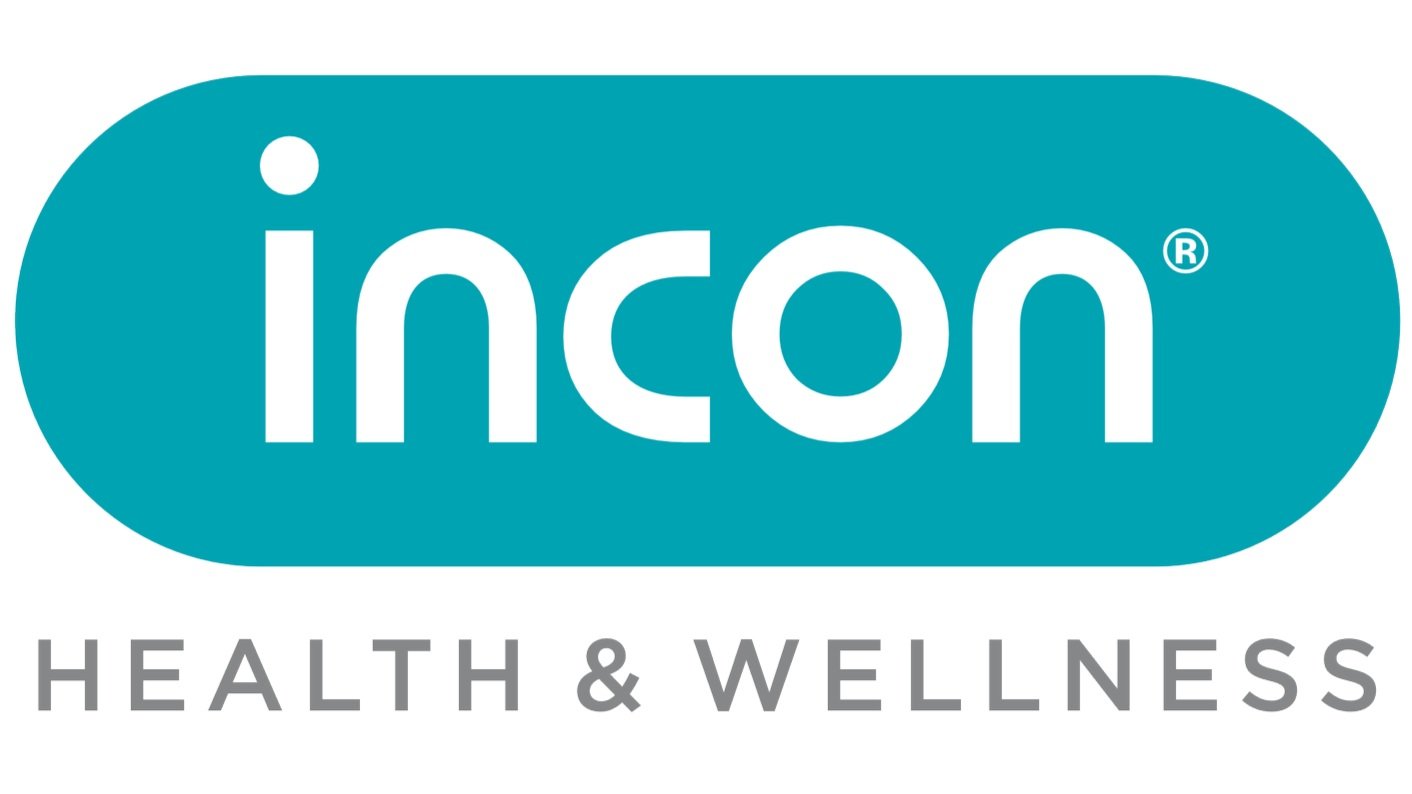Happiness Index
In the corporate world, success isn't solely measured in profits and productivity; it's also about the well-being and happiness of employees and customers. Enter the Happiness Index, a powerful tool that transcends traditional business metrics, offering insights into what truly drives success. In this article, we'll explore the business implications of the Happiness Index and how it can be harnessed to create thriving, customer-centric, and employee-focused organisations.
The Happiness Index
The Happiness Index, also known as the World Happiness Report, goes beyond conventional financial measures to gauge the overall well-being and contentment of a nation's citizens. It encompasses a range of factors, including social support, life expectancy, personal freedoms, trust in institutions, and levels of corruption.
Measuring the Pulse of the Workforce
For businesses, understanding employee happiness is paramount. Happy employees are more engaged, creative, and loyal. For example, Google is known for its focus on employee happiness, providing perks like flexible work hours, on-site wellness centres, and gourmet meals. This has resulted in a highly motivated and productive workforce.
Customer Satisfaction and Loyalty
The Happiness Index isn't limited to employees; it also extends to customers. Businesses that prioritise customer well-being and satisfaction tend to enjoy higher levels of customer loyalty. Apple, for instance, has consistently ranked high in customer satisfaction due to its commitment to quality products and exceptional customer service.
Global Insights for Expansion
For companies eyeing global expansion, the Happiness Index offers invaluable insights. It helps identify regions where customers and employees are likely to be more receptive to a company's products or services. McDonald's is a prime example of a company that tailors its offerings to local preferences, reflecting an understanding of cultural well-being.
CSR and Philanthropy
Corporate Social Responsibility (CSR) is more than a buzzword; it's an opportunity to make a meaningful impact. Aligning CSR initiatives with the well-being goals reflected in the Happiness Index not only benefits society but also enhances a company's reputation and brand value. TOMS, for instance, donates a pair of shoes to a person in need for every pair purchased, creating a strong positive image.
Driving Business Success through Well-being
Ultimately, the Happiness Index underscores that business success is intertwined with the well-being and happiness of stakeholders, from employees to customers and the broader community. Companies that prioritise happiness metrics tend to foster a positive corporate culture, drive innovation, and build lasting relationships. Companies like Microsoft, with its focus on employee well-being and philanthropy, have seen significant success in these areas.
The Happiness Index isn't just a measurement of joy; it's a roadmap to success. Businesses that understand the correlation between happiness, employee satisfaction, customer loyalty, and societal well-being are better positioned for sustainable growth and prosperity.

